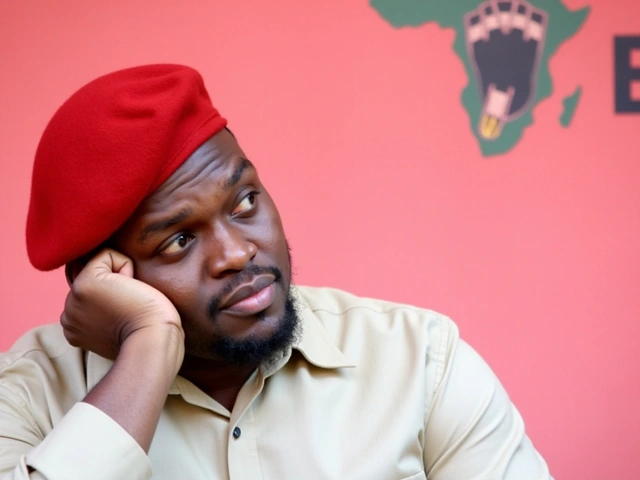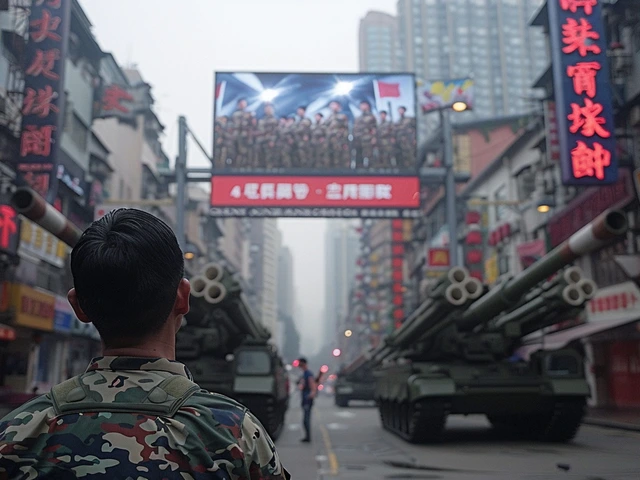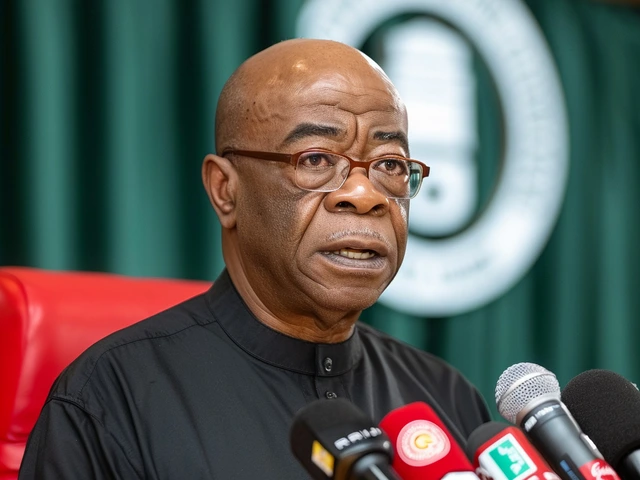Overview of Xi Jinping’s State Visit to France
Amidst a turbulent global backdrop, China's President Xi Jinping has embarked on a significant two-day state visit to France. With a packed agenda, the visit is geared towards ironing out trade disputes and steering diplomatic conversations about the ongoing war in Ukraine and other global conflicts. French President Emmanuel Macron and European Commission President Ursula von der Leyen are orchestrating the talks, signaling a robust tripartite dialogue that might influence broader geopolitical dynamics.
Both leaders are keen on addressing issues surrounding fair competition, market access, and ongoing international conflicts, particularly in Ukraine and the Middle East. A pivotal aspect of these high-level discussions involves the examination of Chinese business practices, and France’s concerns about antidumping probes targeted at cognac and other European brandies, a sore point for the French luxury goods sector which has faced hurdles in the Chinese market.
Trade and Economic Talks
In the realm of trade, Macron’s administration is pressing for solutions to overcome operational barriers faced by French cosmetic and luxury goods enterprises within China. Complaints about unequal market access and the economic safeguards like antidumping measures imposed by China have been longstanding. Furthermore, overdependencies on Chinese imports and the transparency of Chinese subsidies are under the microscope during this visit, reflecting a broader European apprehension regarding economic reliance on China.
Recently, the European Union initiated a probing investigation concerning Chinese subsidies, speculating that such fiscal strategies might be distorting the competitive landscape, especially in crucial sectors like electric vehicles. This investigation might lead to the imposition of tariffs on electric vehicles exported from China to Europe, a move that could recalibrate trade dynamics between the two powers.
Diplomatic Endeavors and the Ukraine Crisis
On the diplomatic front, a core objective of Xi’s visit is to deliberate on the Ukraine war—a subject of international concern that France hopes will benefit from China’s influential relationship with Russia. The ongoing conflict in Ukraine has attracted global censure, and China’s unique positioning could prove determinant in mediating efforts or encouraging dialogue to resolve the hostilities. Macron is expected to leverage this bilateral dialogue to coax China into playing a more assertive role in persuading Moscow to de-escalate the conflict.
Simultaneously, conversations might extend to the broader strife in the Middle East, encompassing various geopolitical interests and alignments that involve not only Europe and China but other global players. The alignment—or divergence—of strategies and goals in these discussions could set the tone for future international collaborations or confrontations.
The Significance and Broader Implications of the Visit
The timing of Xi’s visit is strategic, coming just before his scheduled trips to Serbia and Hungary, nations that are key to China’s Belt and Road Initiative and harbor significant Chinese investments. These consecutive visits underscore China’s intention to solidify its economic and political ties across Europe, amidst an era where global alignments are continually being reevaluated.
The outcomes of these exhaustive discussions in France could potentially herald a new phase in China-European relations, subtly guiding future engagements on the trade, economic, and diplomatic fronts. As the world closely watches, the stakes are high, and the impacts are likely to resonate well beyond the confines of the meeting rooms in Paris, influencing international policies and economic strategies in the years to come.






Write a comment